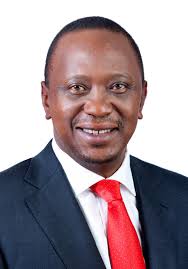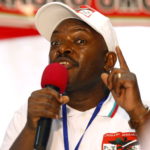The just-concluded 26th Africa Union Summit in the Ethiopian capital Addis Ababa seems to have been a ‘defiance’ campaign against the United Nations, with Kenyan President Uhuru Kenyatta saying the AU adopted his proposal for African countries to withdraw from the Rome Statute.
The Rome Statute is the UN instrument that paved the way for the creation of the International Criminal Court (ICC) in The Hague, and the court has come under severe attack by most African leaders, who accuse it of ‘selective justice’ in pursuing those accused of gross human rights violations including war crimes and crimes against humanity.
‘The AU has adopted my proposal for the AU to develop a roadmap for the withdrawal of African nations from the Rome Statute. Also adopted was a report that draws a red line for the ICC over how it has been handling the case against deputy president William Ruto and Joshua Sang. We refuse to be carried along in a vehicle that has strayed off-course to the detriment of our sovereignty security and dignity as Africans’ Mr Kenyatta tweeted early today.
Kenyatta’s proposal followed that of South African President Jacob Zuma and the 91 year-old Zimbabwe President Robert Gabriel Mugabe, who both threatened at the Summit that African countries would altogether withdraw from the UN.
In 2008 the ICC indicted current Kenyan President Kenyatta, his deputy William Ruto arap Samoei alongside other senior government officials serving under the Mwai Kibaki regime, following violence that broke out in the East African country after the 2007 elections.
Kenyatta, the former head of Civil Service Ambassador Francis Kirimi Muthaura and then police boss Maj Gen Mohammed Hussein Ali were let off the hook but Kenyatta’s current deputy Ruto and radio journalist Joshua Sang are still battling charges at the ICC.
Since inception in 1998, the ICC has indicted 32 people, all Africans and Africans of Arab origin including Sudan President Omar al Bashir, making it easy for leaders on the continent to point an accusing finger at the global criminal court of ‘selective administration of justice’.








